LATEST INSIGHTS
Your Present Location: LATEST INSIGHTS-
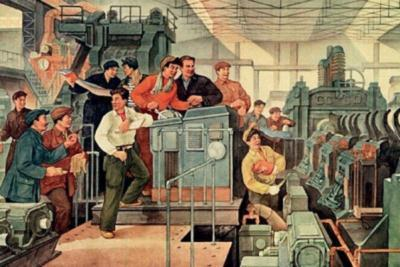
Liu Dian: Early Economic Explorations
Since the People’s Republic of China was founded in 1949, the Communist Party of China (CPC) has consistently performed strategic exploration of economics. From 1949 until the end of the first Five-Year Plan period (1953-1957), China completed a series of remarkable economic achievements.
2019-08-07 -
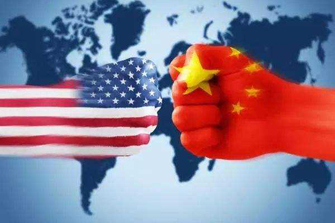
Zhao Minghao:U.S.' ideological offensive is not beneficial to both sides
On Monday, China-U.S. trade talks resumed after a three-month suspension in Shanghai. The choice of Shanghai, China's financial hub, as the meeting venue demonstrates China's hope to handle the economic and trade frictions between the two countries in the spirit of "business is business."
2019-08-07 -
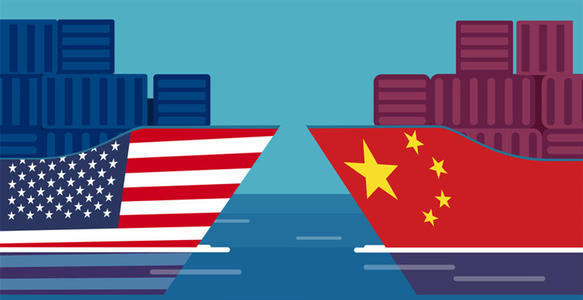
William Jones: New US tariffs cannot Trump China
US President Donald Trump's rash measure of imposing a new 10 percent tariff on Chinese goods on top of the 25 percent already levied threatens to hurt the US economy. It may also create a major blowout in international financial markets. In addition, this attempt to play hardball with the Chinese side in these all too important discussions could totally poison the atmosphere for amicable talks with China on any issue in the future.
2019-08-07 -
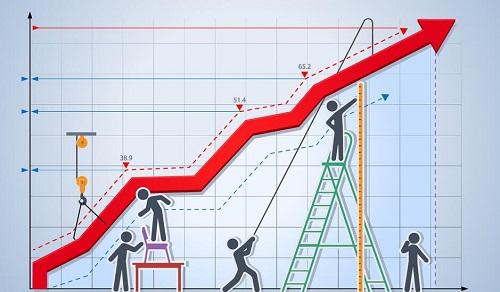
China’s fixed investment grew 15.6 percent on average
The investment in fixed assets in China grew at an average annual rate of 15.6 percent over the past 70 years, according to the National Bureau of Statistics (NBS) on Tuesday, in a report regarding achievements in economic and social development since the People's Republic of China was founded.
2019-08-06 -
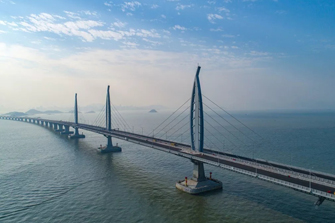
Chen Dingding: Is the Greater Bay Area China’s Future?
In recent decades, in addition to the famous Belt and Road Initiative (BRI), China has aimed to reshape the Pearl River Delta, which includes Hong Kong, Macao, and nine cities in Guangdong province. The goal was to create one economic entity called the Greater Bay Area. According to the Development Outline published by the State Council of China on February 18, 2019, the Greater Bay Area will represent China in industrial competitions worldwide and provide opportunities for internal economic transformations.
2019-08-06 -

William Jones: UN ambassadors contradict media hype on Xinjiang
Ambassadors from 50 countries assigned to the United Nations Office at Geneva wrote a letter to the President of the Human Rights Council and the High Commissioner for Human Rights to voice their support for China's position on issues related to the Xinjiang Uygur Autonomous Region.
2019-08-06 -
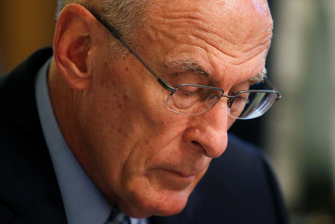
Ratcliffe: Potential U.S. spy chief is Trump's next 'yes-man'
You are only as good as the information you're given, but what if that information only consists of what you want to hear? U.S. President Donald Trump continues to abide by this modus operandi with the nomination of Republican Congressman John Ratcliffe as his national intelligence director. On the way out is Dan Coats, who has at times contradicted Trump in his assessment of foreign threats.
2019-08-06 -

Chinese diplomats on social media an inevitable trend
Chinese diplomats abroad are using Twitter to speak for and defend their country. Young generations are more open and more likely to follow this trend . Diplomats speaking on Twitter has made the Western world, which holds China to double standards, uncomfortable, experts said.
2019-08-06 -
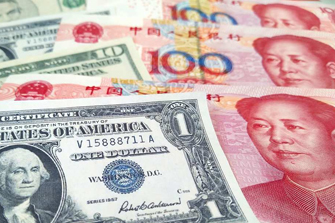
Central bank will provide reasonably ample liquidity in H2 amid mounting pressure
The People's Bank of China (PBC), the country's central bank, said it will maintain a prudent monetary policy that's neither too tight nor too loose in the second half of 2019 and tackle mounting external and internal pressure via a multitude of policy tools.
2019-08-06 -
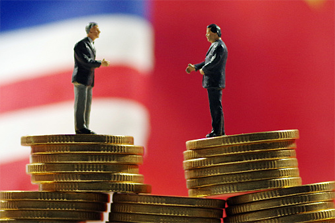
He Weiwen: Washington needs to reconsider its China trade policy
China-U.S. trade consultation will be resumed in Shanghai from Tuesday. The world stock market has already greeted the news, with various kinds of wishes and cautious optimistic anticipations loomed up for an early deal. There are two positive gestures and two harmful threats.
2019-08-05 -
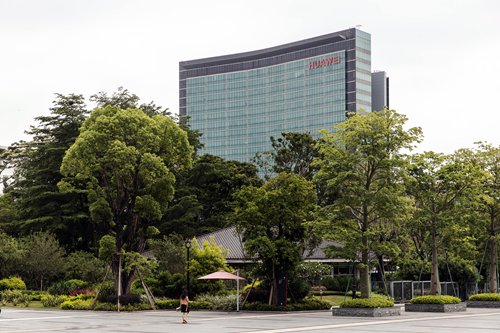
Shenzhen to play key role in Greater Bay Area
Shenzhen, Guangdong Province, will play a bigger role in leading the development of the Guangdong-Hong Kong-Macao Greater Bay Area and influencing other urban areas in China as it aims to become an example of what a city can be in a strong and modern socialist country, analysts said on Sunday.
2019-08-05 -

Ding Gang: China leaves its mark in Philippines
Intramuros is the historic center and oldest district of Manila, the capital of the Philippines. Fort Santiago, an iconic building located in Intramuros, was built between 1589 and 1592. History has left four deep imprints on the fort, symbolizing the four most important periods in the history of the Philippine archipelago.
2019-08-05 -
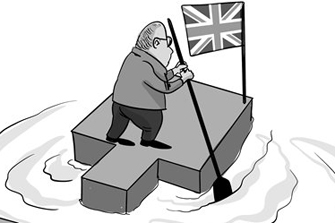
John Ross: Washington ties with pro-Brexit group could limit mutually beneficial UK-China relations
Two days after Boris Johnson became the UK's prime minister, the Financial Times noted that British Brexit Party leader Nigel Farage held a major New York fundraising event for a new lobbying body W4B (World4Brexit) to campaign for the UK to leave the European Union (EU). Farage added that he met with President Donald Trump at the White House on July 24, the day Johnson became prime minister, when Trump urged him to join forces with Johnson to "realign" British politics.
2019-08-05 -
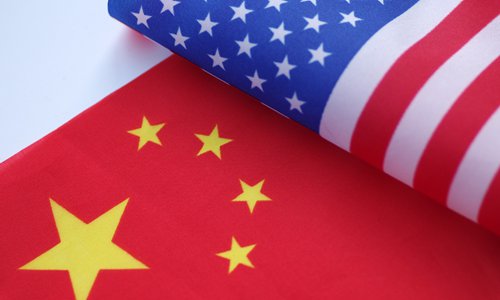
Zhao Minghao: Detractors drive US bitterness against China
The Trump administration's China approach recently triggered a new round of debates within the US, with both sides of the aisle expressing their views through open letters to US President Donald Trump. Amid growing bilateral tensions, the US narrative on China is being metamorphosed.
2019-08-05 -

Ding Gang: Indonesia on track with China’s standards
What most impressed me at a construction site of the Jakarta-Bandung high-speed railway is that the project adopts Chinese technology and standards in full measure. Many advanced technologies have been applied and tailored, taking into consideration the local weather and geological conditions.
2019-07-25 -
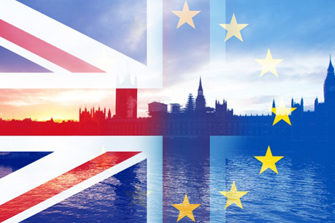
John Ross: Brexit explains why Britain has played such a provocative role in Hong Kong
On Tuesday Britain announced that Boris Johnson became its new Prime Minister. This event has significant implications for China - including for Hong Kong and for Huawei. Johnson’s project is to turn Britain into the equivalent of the 51st state of the US – but without the right to vote! Because some Chinese media wrongly believe that Brexit is a domestic British issue, without major implications for China, or wrongly treated Boris Johnson as some sort of amiable fool, it is necessary to correct this and see clearly what is taking place and its consequences for China.
2019-07-25 -
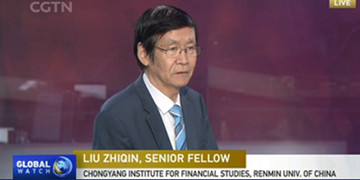
How far away is the RCEP from achieving the goals?
In central China's Zhengzhou city, a new round of negotiations on the Regional Comprehensive Economic Partnership has entered a second day. RCEP is a proposed free trade agreement involving ASEAN members and Asia-Pacific countries. The ten-day talks will pave the way for a ministerial conference next week in Beijing. CGTN is joined in studio by Liu Zhiqin, a senior fellow at the Chongyang Institution for Financial Studies, at the Renmin University of China.
2019-07-25 -
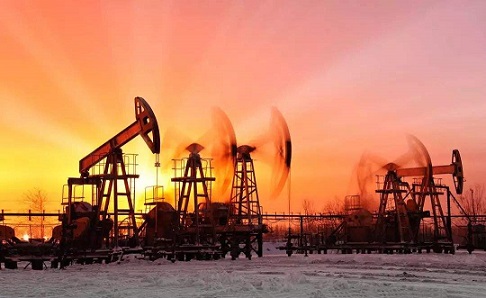
US’ unilateral sanctions on Chinese oil trading firm ‘illegal’: experts
US Secretary of State Mike Pompeo said Monday (US time) that the US is imposing economic sanctions on a Chinese state-owned oil trading company Zhuhai Zhenrong Co and its top executive for purchasing Iranian oil, which has violated the recent US sanctions on Iranian oil exports.
2019-07-24 -

China’s STAR market sets off active trading as ample capital pours in
The first trading hours on China's new Science and Technology Innovation Board (STAR) set off with great volatility and active trading on Monday morning, as capital quickly poured into the new board that supports homegrown technology start-ups in China. As of 11:30 am, the close of the morning session, all 25 STAR companies, which range from lithium battery material makers to machine vision intelligent manufacturing companies and biotech firms, have doubled their share prices.
2019-07-24 -
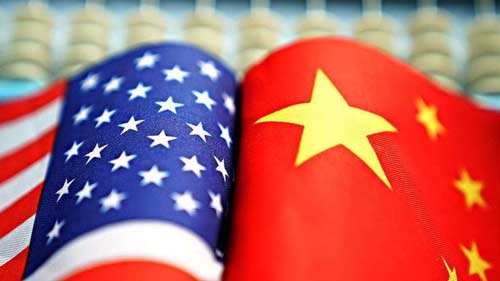
Scholars criticize US' hostility for China
Countering China has been counterproductive for the United States and hurt global development, according to Chinese scholars, who called for more rational dialogue and cooperation between the two nations. The seminar, Development of China and the World, was hosted on Monday by Renmin University of China. It invited experts and scholars in economy and trade, international relations and military issues to discuss a recent open letter written by a retired US veteran, with 130 others listed as co-signatories.
2019-07-24
























































































 京公网安备 11010802037854号
京公网安备 11010802037854号





